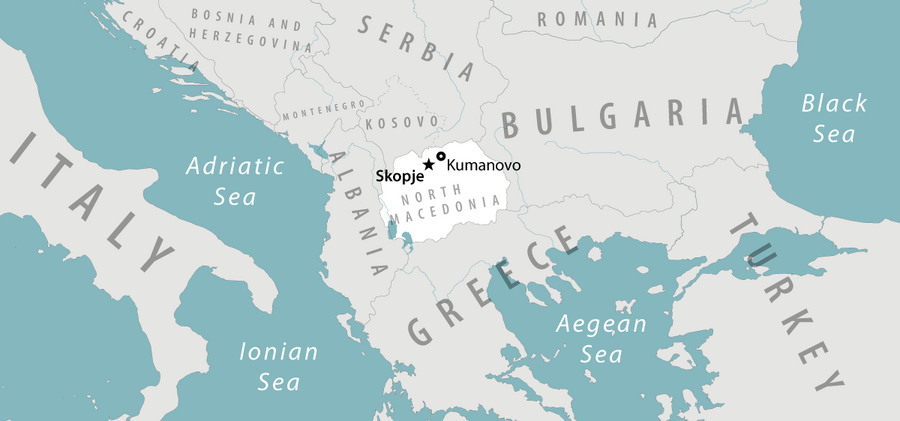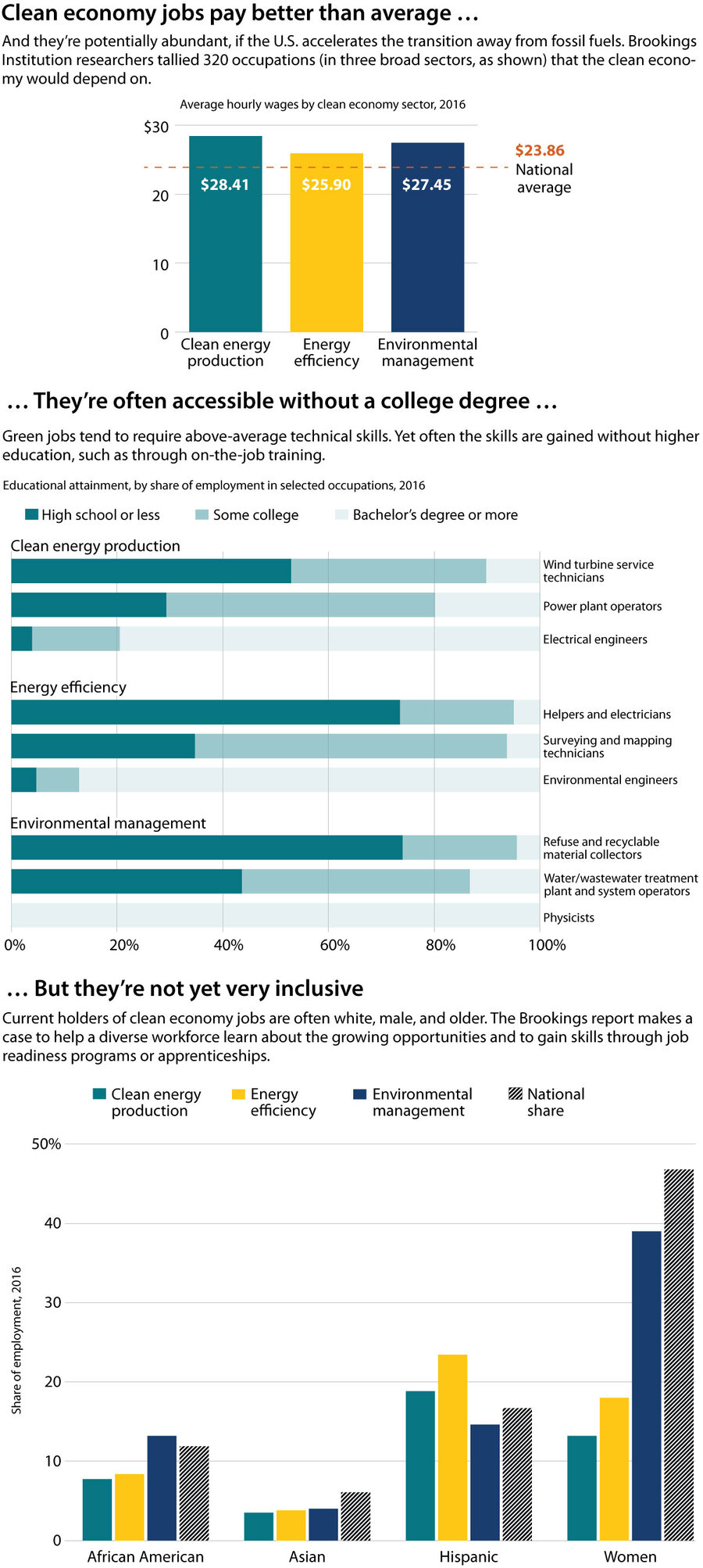The focus now moves from the criminal realm to the political. And despite the special counsel’s ambiguous conclusions as to whether the president obstructed justice, Democratic leaders remain wary about impeachment.
Monitor Daily Podcast
- Follow us:
- Apple Podcasts
- Spotify
- RSS Feed
- Download
 Peter Grier
Peter Grier
At 11:03 a.m. yesterday I received a ping on our internal email system from Liz Marlantes, our Washington editor.
“Report just went live,” it said. The Justice Department had pushed the button and posted on its website special counsel Robert Mueller’s report (with some redactions).
What followed were five and a half hours of teamwork that produced Thursday’s lead Monitor story.
My job as a lead writer was to read the actual report and control the keyboard. Staff writer Jessica Mendoza made calls for expert comment. Longtime congressional correspondent Francine Kiefer worked sources to get the Capitol Hill response. It’s a drill I’ve been involved in dozens, maybe hundreds of times over the years.
There are tricks to reading 400 pages of material quickly. My advice: Skip the executive summaries. Navigate using the table of contents, and keep an eye out for key details like Hope Hicks’ 3 a.m. phone call from a Russian on election night insisting on a “Putin call.”
I was surprised to read that President Donald Trump was asking staffers to find Hillary Clinton’s stolen emails. Also, Mr. Trump told Michael Cohen a presidential campaign would be a great “infomercial” for his real estate. The bits where Trump staffers refused his demands to fire Mr. Mueller were amazing.
Putting all this together is like jumping out of a plane unsure if your parachute will open. Jess and Francine produced great stuff fast, which helped a lot. Still, I didn’t file the last take until 25 minutes before our 6:15 publication time. The chute opened just before I hit the ground.
Now to our five stories for the day, which include an exploration of how members of Congress are balancing the implications of the Mueller report with the political calculus of an upcoming election, and a counternarrative challenging the notion that a cleaner energy future must come at workers’ expense.












